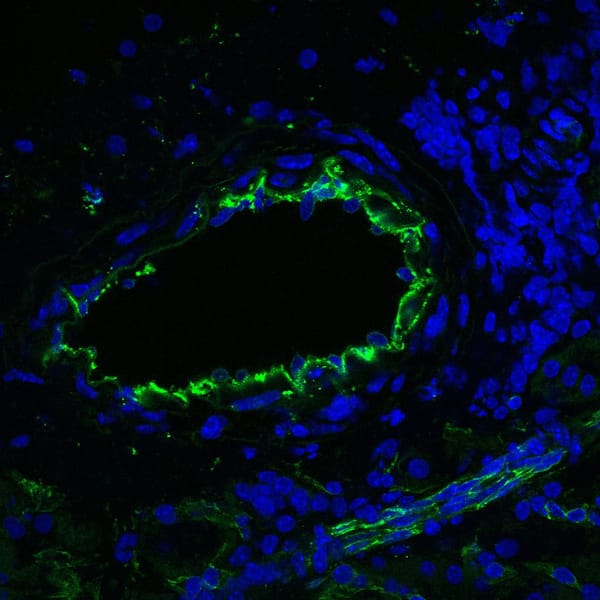
This Week in Science 10/10/2025
Kidney with modified O-blood type transplanted into a human for the first time

Kidney with modified O-blood type transplanted into a human for the first time
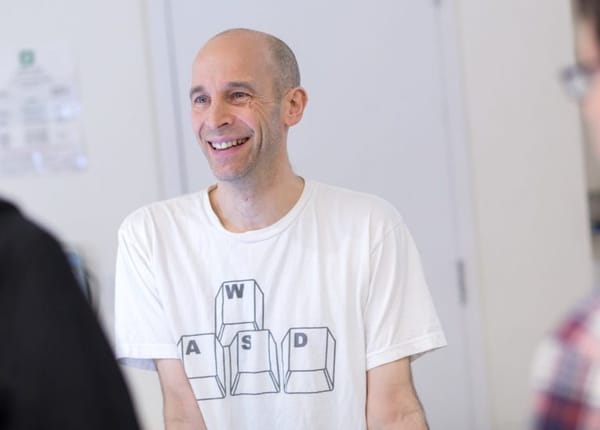
The goal is to create a robust resource for future research
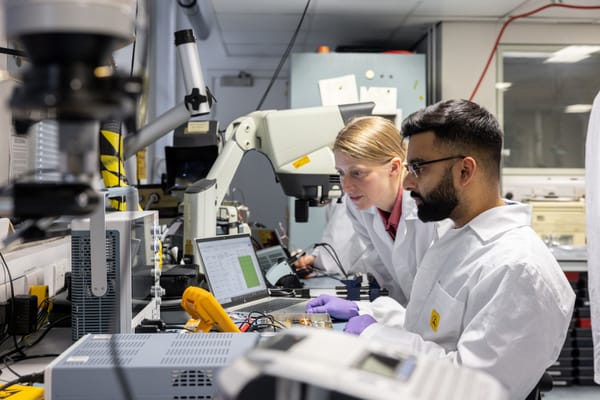
A NASA mission launched on September 24, carrying an Imperial-built magnetometer to measure magnetic fields in space

Imperial’s Venture Catalyst Challenge participants developing a product that could change the way 1 in 3 women track and feel about their cycles

Three mRNA vaccines for HIV are set to complete trials in 2027

Amber and Eldrian discuss the UK's infectious disease landscape in 2025.

Fantastic plastic and CRISPR critters – Felix recaps a selection of scientific endeavours on display at this year’s Great Exhibition Road Festival.

Prof Edalat’s team combines attachment theory, AI chatbots, and personalised avatars to teach people how to find humour in almost any situation.
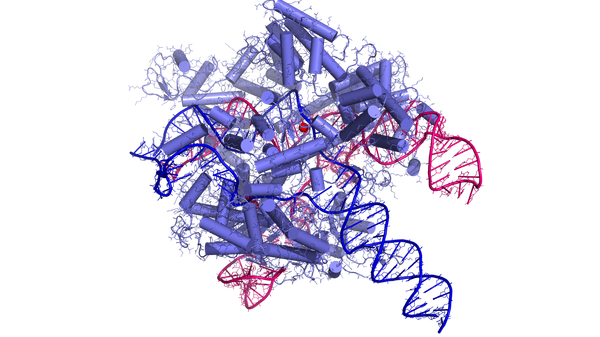
CRISPR-based gene editing therapy has been used for the first time to treat CPS1 deficiency, which promises a new era for precision medicine.
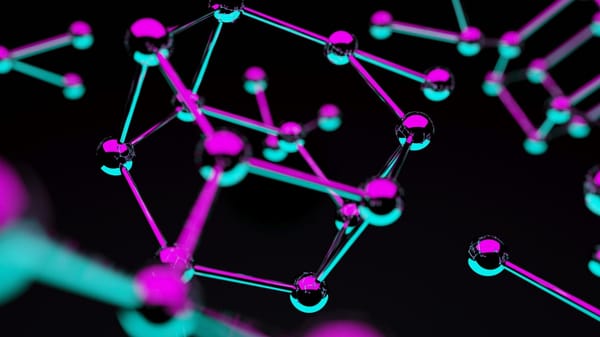
We test a novel semantic search tool to trawl the archives

Imperial researchers presented their work at this year’s conference in Liverpool
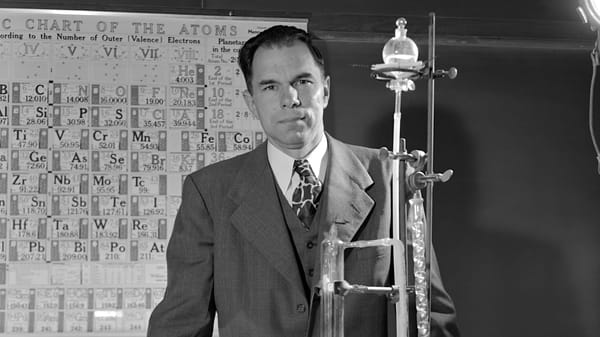
Alice Choubry explores the work of alchemists, their lasting impact on science, and how scientists transmuted gold in particle accelerators.